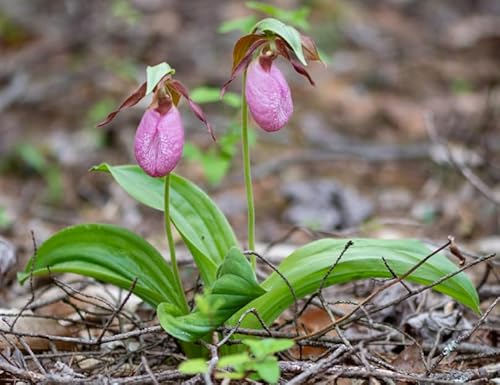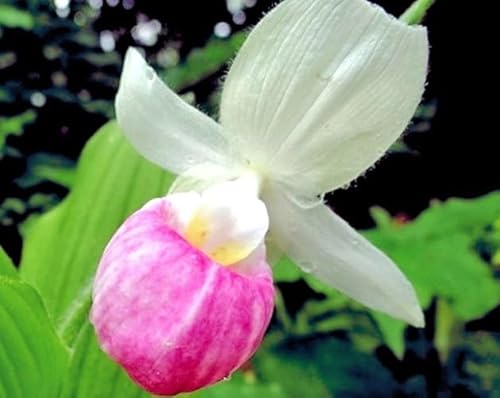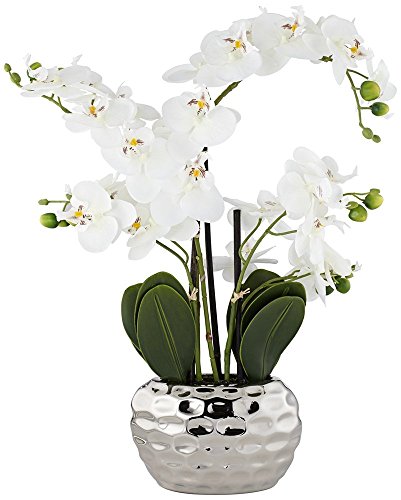JPMC
Well-Known Member
Great job! It may be a good clone to propagate since it seems to grow well without low pH soil. So are you growing this indoor under artificial light?
Thank you.
I have no proof, but I suspect that the medium is very acidic or in some other way favorable to its growth. I noticed a story from the Botany Boy blog site that describes the favorable condition for this orchid in an abandoned granite quarry outside NYC. It's grown under LED lights (100 W fixture at a distance of about 30 inches).










































